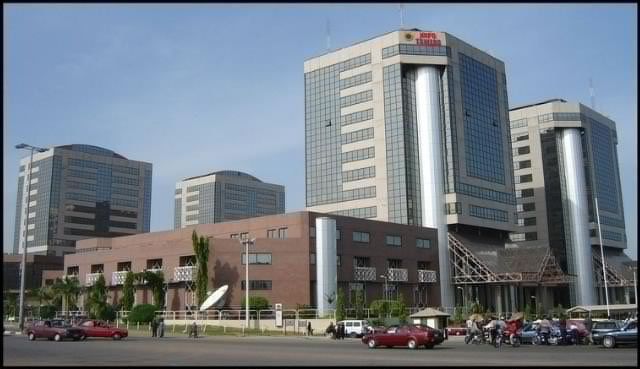The Nigerian National Petroleum Company Limited (NNPCL) has revealed that it has made provision of 30 million barrels of crude oil to the Dangote Oil Refinery, with intentions of delivering additional 17 million barrels in the near future.
Adedapo Segun, the Executive Vice President of NNPCL Downstream, shared this information on Thursday during an appearance on Arise Television.
He stated that the company will provide 6.3 million barrels in September and another 11.3 million barrels in October.
“We have supplied about 30 million barrels to Dangote so far—6.3 million this month, and we will supply 11.3 million in October,” Segun stated.
He included that selling crude to local refineries is part of the Federal Government’s decision.
Segun highlighted that the 6.3 million barrels will be delivered in seven cargoes. He further mentioned concern that the current pump price does not reflect market realities.
“The pump price today is not reflective of the market. NNPCL is the sole importer of Premium Motor Spirit (PMS) in the country, which is abnormal. We should be moving towards a situation where the free market determines prices,” he said, stressing that market forces should drive fuel prices rather than any single entity.
He clarified that NNPC’s role as the sole importer of petrol was not a deliberate decision but rather a response to market conditions.
“Let me put it into proper perspective. NNPC is not a regulator. We didn’t choose to be the sole importer. We don’t determine who participates in the market. We stepped in when others reduced their participation. It is not about us wanting to be monopolists,” Segun stated.
He further explained that achieving a stable fuel supply and price would require ideal market conditions, including a more liquid foreign exchange market.
“Market conditions need to be ideal, and there needs to be FX liquidity,” he added, suggesting that broader economic reforms may be needed to address the fuel pricing issue.
The Nigerian National Petroleum Company Limited (NNPCL) has been collaborating closely with private refineries, such as Dangote, to guarantee a consistent supply of crude oil for processing.
This article was written by Tamaraebiju Jide, a student at Elizade University












